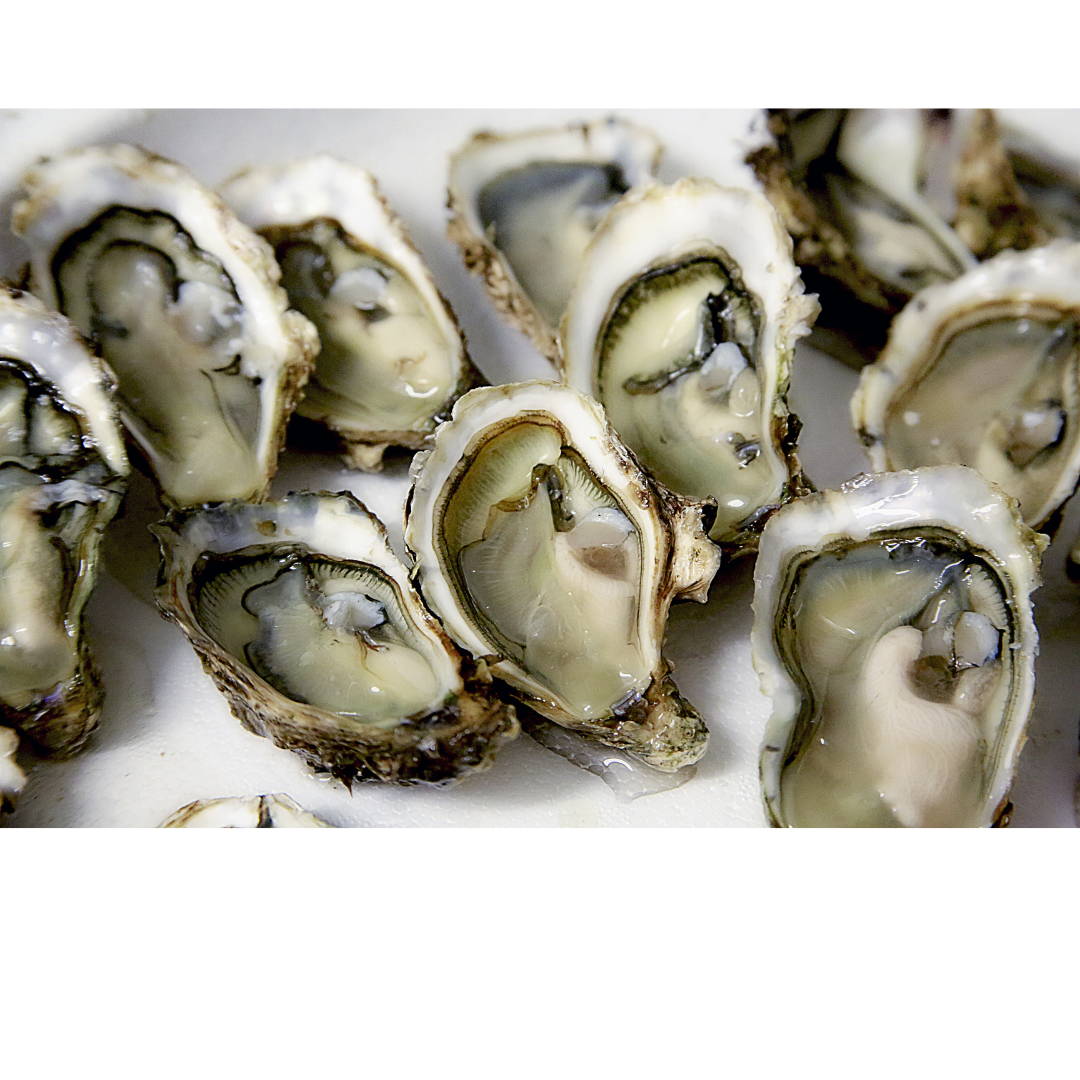
Aphrodisiacs Around the World: Myths and Facts
Share
Aphrodisiacs Around the World: Myths and Facts
Aphrodisiacs have fascinated and intrigued cultures around the world for centuries. These substances, often thought to enhance sexual desire and performance, have been a part of folklore, cuisine, and traditional medicine. This article will delve into the diverse cultural beliefs surrounding aphrodisiacs and explore the scientific evidence behind some of these claims.
- Oysters: The Ocean's Love Potion
Myth: Oysters have long been considered a potent aphrodisiac, believed to boost sexual desire.
Fact: Oysters are rich in zinc, which is crucial for testosterone production. While there's no instant arousal, their nutritional content may support overall sexual health.
- Ginseng: The Root of Vitality
Myth: Ginseng, particularly Panax Ginseng, is revered in Asian cultures as an aphrodisiac that can increase stamina and sexual potency.
Fact: Some studies suggest that ginseng may enhance sexual function by improving blood flow and reducing oxidative stress.
- Chocolate: The Food of Love
Myth: Chocolate has been associated with romance and desire, often consumed to set the mood for intimacy.
Fact: Chocolate contains phenylethylamine, a chemical that can induce feelings of well-being and happiness, potentially enhancing the romantic experience.
- Maca Root: The Peruvian Passion Booster
Myth: Maca root, native to Peru, is believed to increase fertility, libido, and sexual performance.
Fact: Research has shown that maca root may positively impact sexual function and desire, potentially due to its adaptogenic properties.
- Chili Peppers: Spicing Up the Bedroom
Myth: Spicy foods, particularly chilli peppers, are thought to increase body heat and sexual desire.
Fact: Capsaicin, the compound responsible for the heat in chilli peppers, can trigger the release of endorphins, potentially enhancing mood and arousal.
- Saffron: The Golden Elixir of Love
Myth: Saffron, one of the world's most expensive spices, has a history of use as an aphrodisiac, with claims of enhancing sexual performance.
Fact: Some studies suggest that saffron may have antidepressant properties, which could indirectly benefit sexual function.
- Spanish Fly: A Risky Myth
Myth: Spanish Fly, a toxic substance derived from blister beetles, has a notorious reputation as a potent aphrodisiac.
Fact: Spanish Fly is dangerous and can have severe side effects, including organ damage. It should never be used as an aphrodisiac.
- IDAVØLL® : A Modern Approach to Aphrodisiacs
Myth: Modern food supplements like IDAVØLL® are believed to offer a holistic approach to sexual health by combining natural ingredients.
Fact: Food Supplements like IDAVØLL® incorporate scientifically-backed ingredients supporting overall sexual health and vitality, providing a safe and reliable alternative to traditional aphrodisiacs.
Cultural beliefs surrounding aphrodisiacs have shaped culinary traditions and herbal medicine practices worldwide. While some claims may be rooted in scientific evidence, others remain steeped in myth and ritual.
In the quest for better sexual health, it's essential to approach aphrodisiacs with a critical eye and prioritise safe and evidence-based solutions like IDAVØLL® . Understanding the science behind these aphrodisiacs allows us to appreciate their cultural significance while making informed choices for our well-being.
